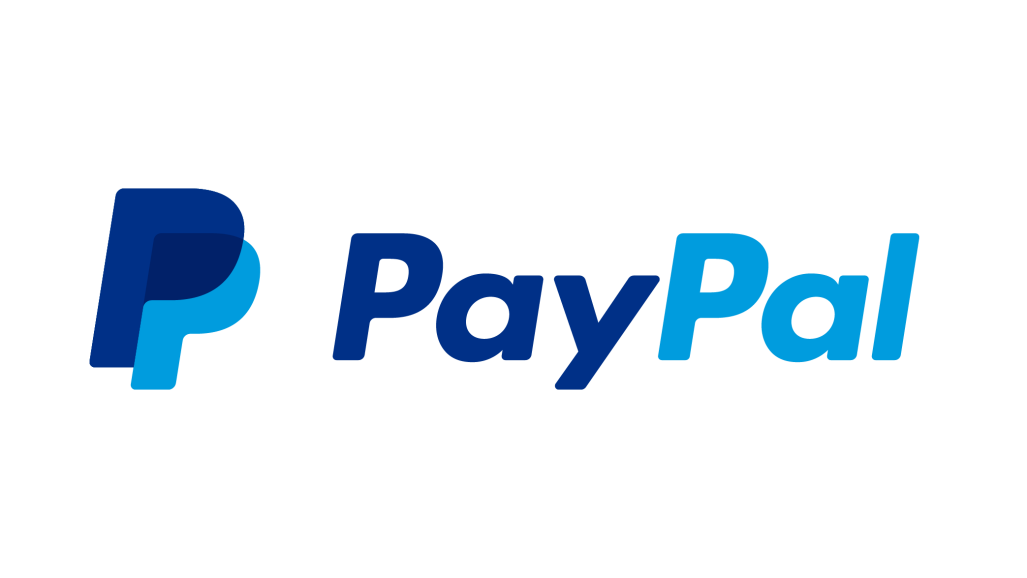What insurance cover does your outdoor business need?
If you own a business that predominantly operates outdoors, you won’t be surprised to learn that there’s a variety of insurance policies that you might want to consider.
We can consider business insurance in three distinct categories:
- Insurance that it is legally imperative to have
- Insurance that it is recommended you have
- Insurance that you can do without
In this article, we’re going to focus on the first two bullet points. We know that insurance can be a confusing matter for many business owners, but hopefully, by the end of this guide, you will know what you need based on your operations.
What insurance must you legally have?
There are two types of business insurance that you must have; the first of these is pretty much common across the United States, and the second is relevant to the state of Tennessee:
- Workers’ Compensation Insurance – this is required by law
- Unemployment Insurance – this is required by the State of Tennessee
Workers’ compensation insurance is mandatory for any firm operating in construction or any of the ‘trades,’ even if you run the business on your own.
Other types of business must have workers’ compensation insurance when they employ five or more workers – even if that includes family members.
Workers’ Compensation Insurance
According to the Tennessee Bureau of Workers, it is a legal requirement to have this insurance in place from the minute you start trading.
These workers comp laws in Tennessee cannot be circumnavigated – as a business owner, you will be punished for not getting adequate cover – so why bother taking the risk of non-compliance?
Remember, companies that do much of their work outdoors MUST have workers’ compensation insurance – no matter what the company size.
This cover is designed to:
- Protect you financially should a worker become ill/injured
- Cover the cost of medical expenses
- Cover the cost of lost wages
As you are aware, workplace injuries are common in construction, and adequate insurance could help your business protect your employees’ rights and needs while covering yourself against a potentially costly legal case should the individual believe the injury was your fault. Generally speaking, workers who sign a contract with a company that has compensation cover in place can’t then go on to sue them for medical expenses, etc.
Think about the competitive advantage that comes with showing that you have workers’ compensation insurance to potential clients. It will certainly give them peace of mind as they won’t become embroiled in litigation if an injury occurs on a housing development site, for example.
In time, this insurance could be one of the most cost-effective purchases your firm makes.
Some outdoor businesses are exempt from workers’ compensation law where they are set up as a sole proprietor or as partners. However, you really should consult an insurance specialist before making any assumptions in this area.
Of course, even if you are exempt, you would still have to pay medical bills out of your own pocket should you or your partner suffer an injury and not have appropriate insurance.
Unemployment Insurance
If you own a small business in TN, it is a legal requirement that you pay Tennessee Unemployment Insurance (UI) tax.
It is this fund which pays for the state’s unemployment compensation, and in TN this is one of the key state taxes that you must be compliant with.
To coincide with that, as a business owner, you must register your firm with the Tennessee Department of Labor & Workforce Development (LWD). This organization will then determine whether your business is liable for UI tax, but generally speaking, you will be if your company meets any of the following criteria:
- You pay wages of $1,500 or more per quarter
- You employ one or more people for 20 weeks of the calendar year
- You are liable under the Federal Unemployment Tax Act (FUTA)
Other insurance your outdoor company might want
There is a myriad of other insurance policies that businesses might take out, and while not all are relevant for your business/industry, it’s worth keeping abreast of them:
- General Liability
- Property
- Commercial Vehicle
General liability insurance is typically a good idea because it covers for so many things, notably personal injury to anyone other than your employees, e.g., people walking past a building site that are hurt by falling debris or damage in transit to your heavy machinery.
In this instance, a lawsuit might be brought, but your liability insurance would pay to help cover legal fees and any medical costs the plaintiff suffered.
The general term used is ‘negligence’ – any outdoor business that could lawfully be considered negligent in its work could face significant penalties. Legal cases, injury/illness, property damage, and medical expenses all fall under the remit of general liability.
Does your outdoor business utilize a storeroom for your plant/equipment or any products you might sell? If so, property insurance is a wise investment. It will protect your property, and its environs should it suffer damage in some way – perhaps in an accident or, in some insurance policies, due to an ‘act of God’, i.e., a freak weather blitz.
And the chances are that your outdoor business has at least one company vehicle that is important to the running of your firm. Commercial auto insurance protects anyone who travels in the vehicle for work purposes and against theft or damage should they be involved in an accident.





